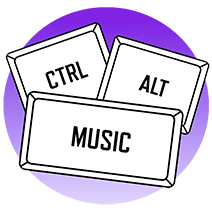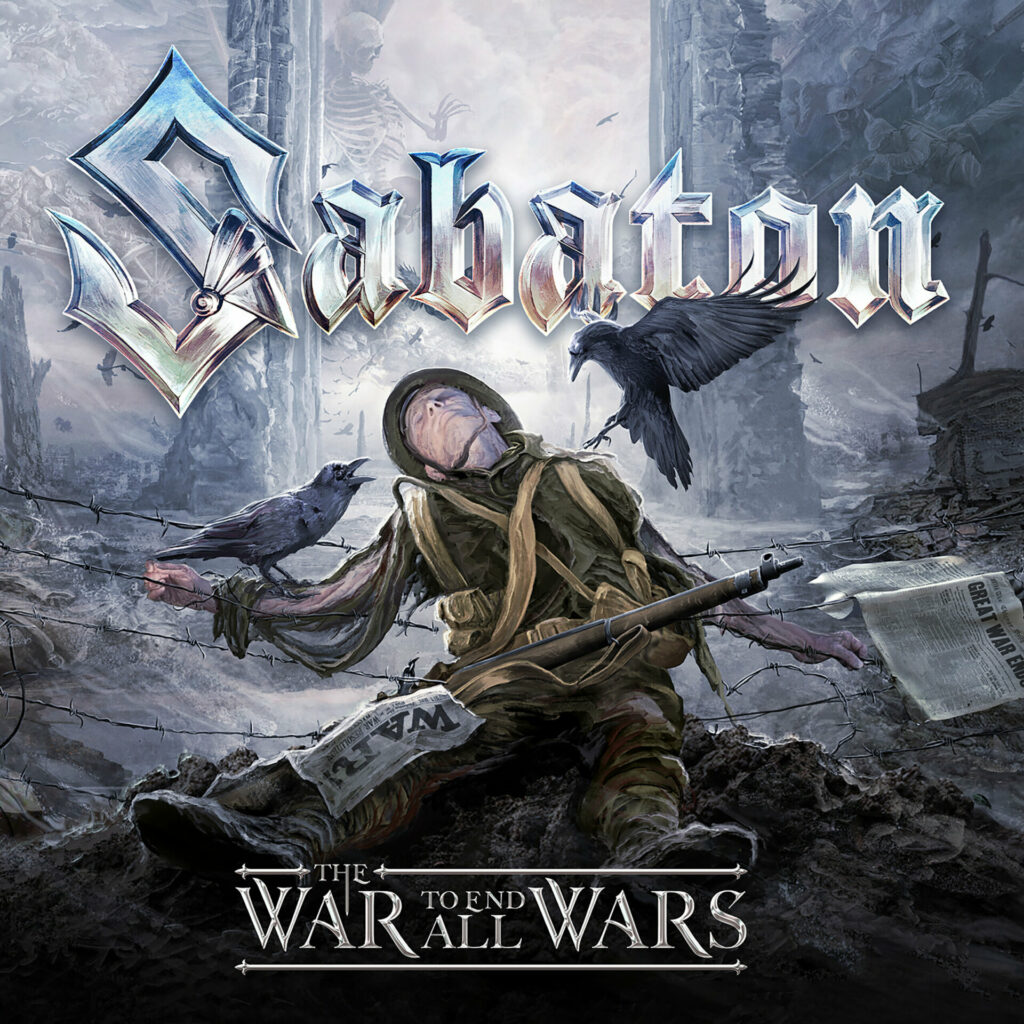Review
Sabaton fans have been waiting for new music from the band for three years now. They can now be happy because “The War To End All Wars,” has just been released, but will it be as exceptional as the previous effort, “The Great War,”?
Sabaton’s tenth studio album, “The War To End All Wars,” follows the epic release of their 2019 album, “The Great War.” Although this new LP maintains Sabaton’s signature catchy melodies and orchestral and keyboard support, the band opts for a more subtle approach. While the theme of the album remains the same as its predecessor, focusing on the First World War, the band offers a unique musical interpretation in this new opus.
The album opens with an epic intro “Sarajevo”, that captures the beginning of the Great War with ominous instrumentation and a seasoned storyteller’s pleasant voice. Joakim Brodén’s minimal and understated singing works well in this piece, although the two gunshots representing Franz Ferdinand’s assassination could have been more impactful as a reminder of the terror that followed this act.
The album continues with familiar-sounding songs that align with Sabaton’s style of years past, including “Stormtroopers,” “Hellfighters,” and “The Valley Of Death.” These tracks have a fast tempo, catchy choruses, and excellent guitar melodies. The guitar sound is more prominent in the mix, and the parts are much more interesting to listen to than on some previous records.
However, unlike their fantastic album “The Great War,” there is no emotional weight in this new album, which was one of the previous album strong points. This is particularly evident in darker tracks like “Dreadnought,” “Christmas Truce,” and “Soldier Of Heaven,” which sound a bit too reminiscent of recent Battle Beast tracks due to their electronic background elements. The band’s lyrics also seem too easy, with a lot of repetition and already known formulas. Nonetheless, the pleasant track “The Unkillable Soldier,” telling the bizarre story of the indestructible Adrian Carton from Wiart, is one of the best songs on the album. It has a great metallic gallop, a good guitar solo, and a catchy chorus with an interesting second voice, typical of Sabaton’s style and immensely enjoyable.
The closing track, “Versailles,” echoes the opening track and has a similar composition with minor changes. While the story is complete, it is not as effective as the opening track as it lacks the same impact. “Versailles” is more optimistic, but at the same time, it carries a heavy message: can you fight in a war that is supposed to be your last? The melody of the Russian national anthem that comes in after the line “What is the price of peace, how many more must die?” is particularly poignant in these times and is a painful omen for the future.
To be honest, “The War To End All Wars” might not be the strongest album in the Sabaton discography, but it will certainly satisfy fans of the genre. And even if this album may not have the emotional or musical impact of its predecessor, but in the current context it is perhaps more thematically and lyrically relevant than ever!

